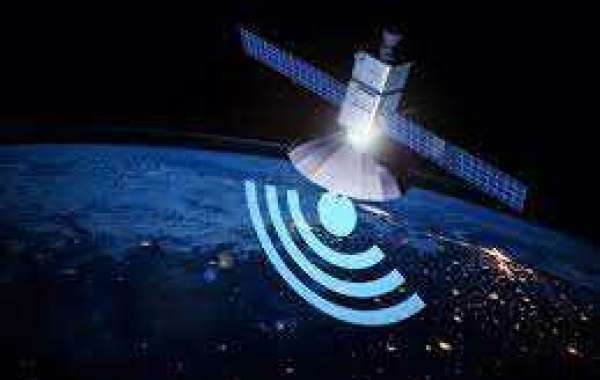click here to join the blue idea network's social media network
According to the BBC, two more launches will enable OneWeb to provide connectivity services to areas in the north by the end of the year - including the United Kingdom, northern continental Europe, Alaska, Greenland, Iceland, Canada and the Arctic. Ocean.
To cover the entire planet would require even more planets. The original framework provided for about 650, but a second generation of satellites could cost them more than 7,000.
OneWeb is owned by the British government and the Indian consortium Bharti Global. Its satellites are being built in Florida, USA, in a joint venture with Airbus.
On Friday, OneWeb launched an "innovation challenge" to discover new technologies and applications for these future vessels. The central idea is to attract ideas that are not within the framework of the "traditional" satellite sector.
"Space is the future of communications on Earth. To get there, we are developing a technological roadmap, which is constantly redefining existing mindsets with new ideas, innovations and exciting collaboration opportunities, "said Massimiliano Lantovaz, chief technology officer of OneWeb.

click here to join the blue idea network's social media network









